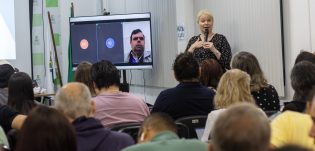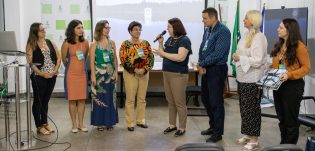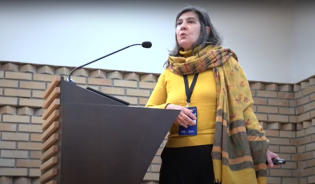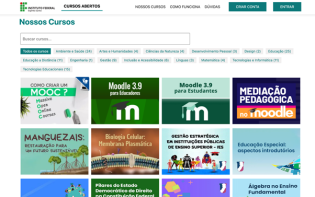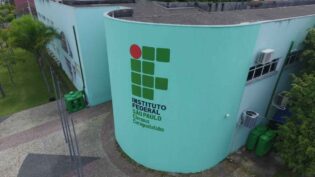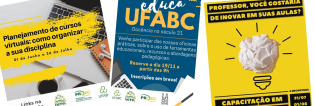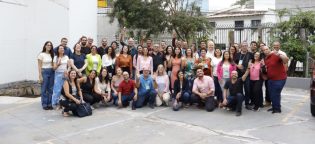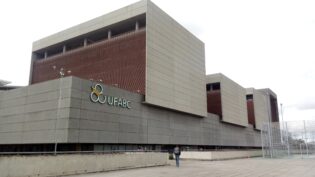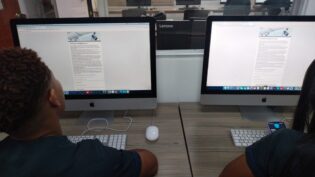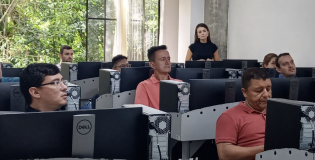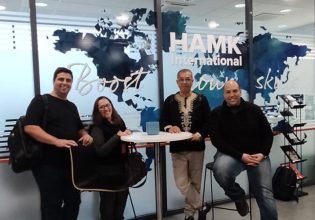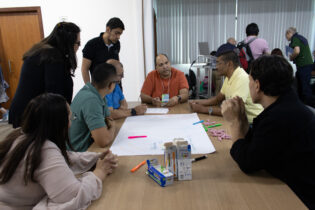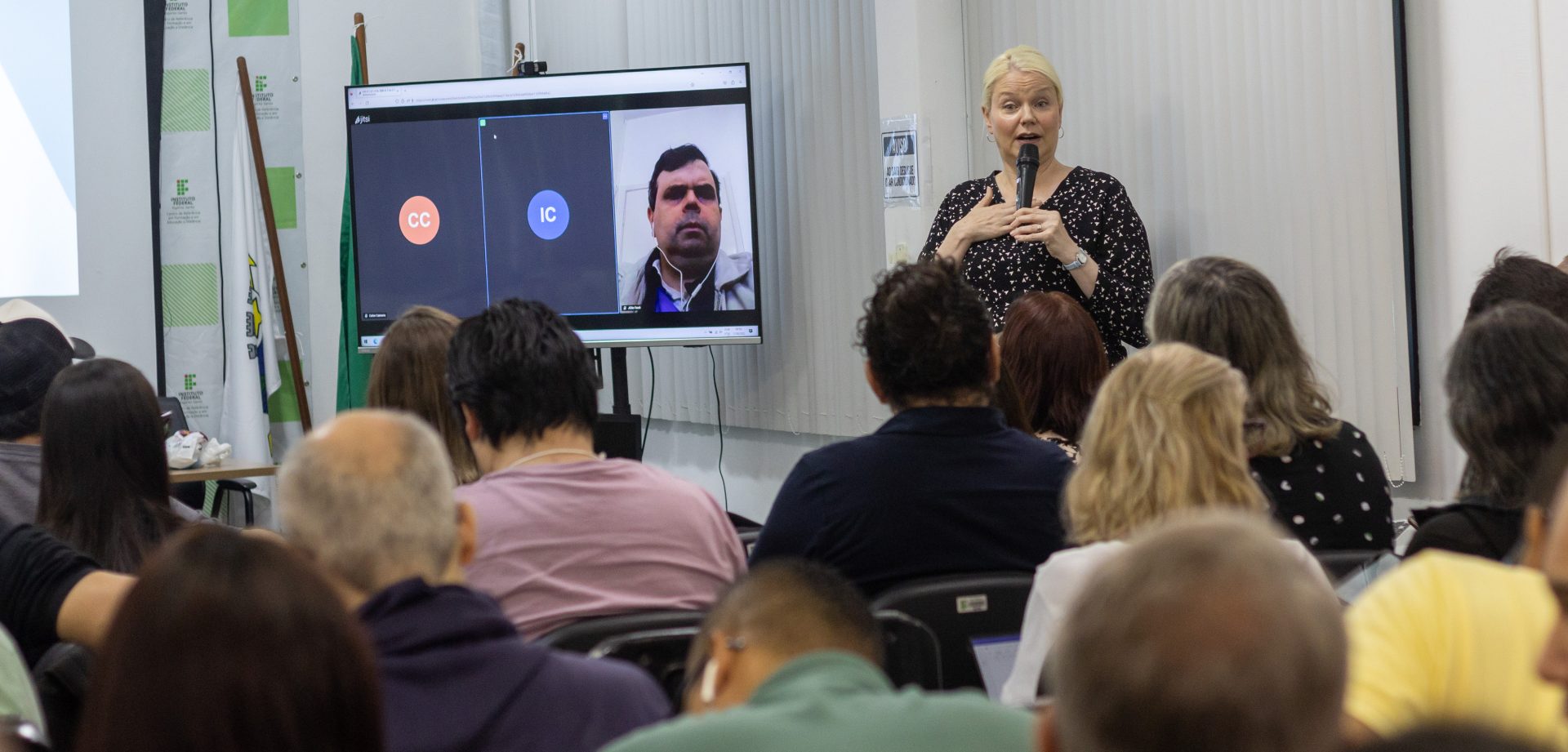
Faculty Development and Training for Global Digital Learning Initiatives
The fast evolution of digital technologies is transforming higher education, highlighting the need for ongoing professional development in global digital learning. Faculty must be trained in digital pedagogy, cross-cultural collaboration, and emerging technologies to create engaging, inclusive, and flexible online learning experiences across international contexts.
Read more
Empowering Educators: Transforming Teaching through the EMBRACE Professional Development Program
The EMBRACE Professional Development Program enhances digital and pedagogical skills of higher education teachers in Brazil and Colombia, addressing gaps exposed by the COVID-19 pandemic. The initiative promotes teacher training, inclusive digital learning, and collaboration with the European DigCompEdu framework. Initial feedback highlights the program’s rich content, accessibility challenges, and its potential for transformative educational change.
Read more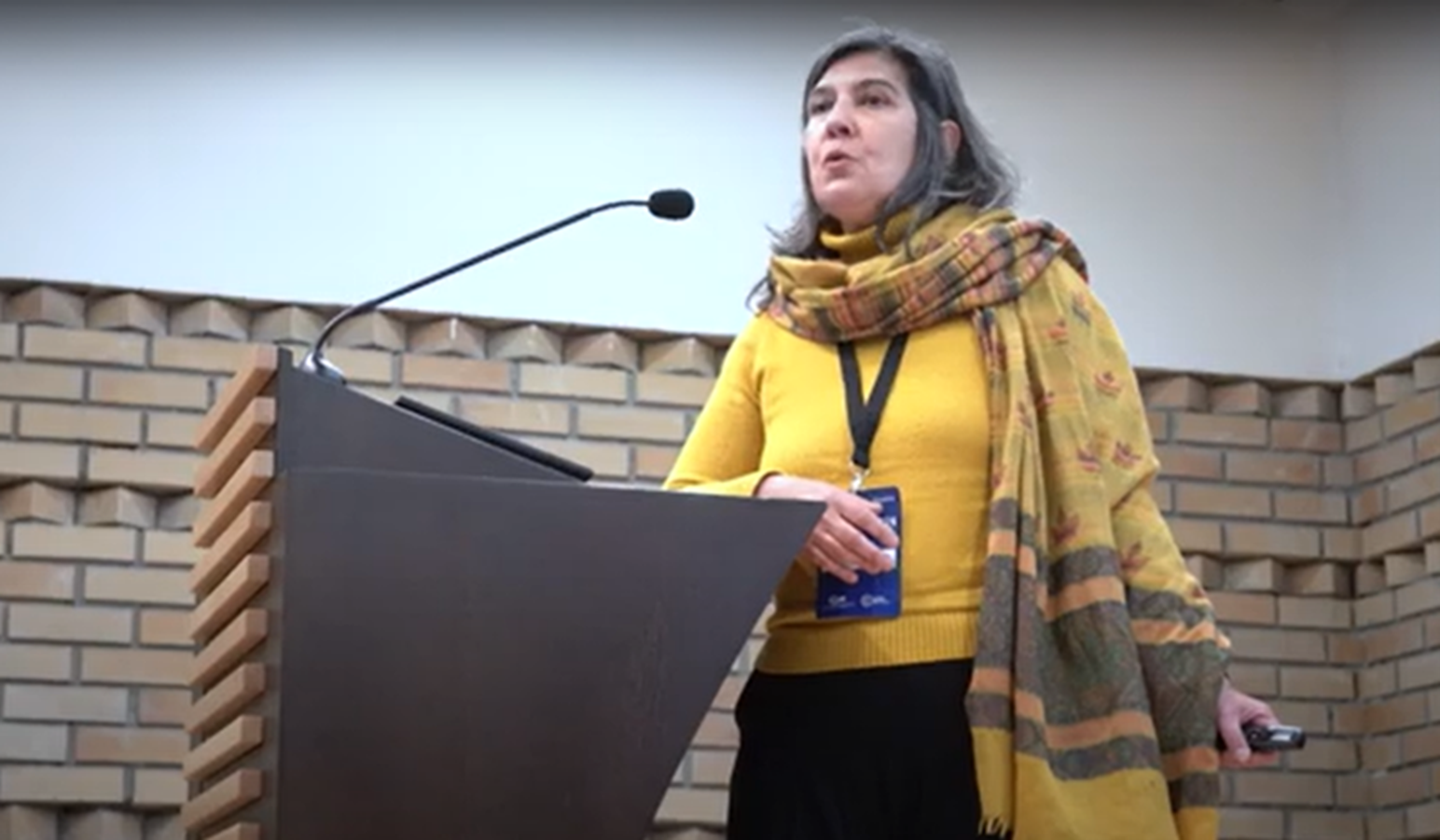
Conference In BragançaInternational conference in Bragança boosts collaboration and innovation in higher educationConference In Bragança
An international conference in Bragança highlighted collaboration within the European STARS EU alliance. It fostered dialogue, showcased projects, and promoted academic innovation. Notably, Professor Inês Barbedo presented the Embrace project, emphasizing its potential to strengthen collaboration and innovation in higher education, especially within the Polytechnic Institute of Bragança (IPB) community.
Read more